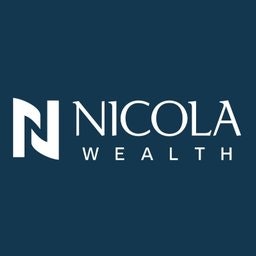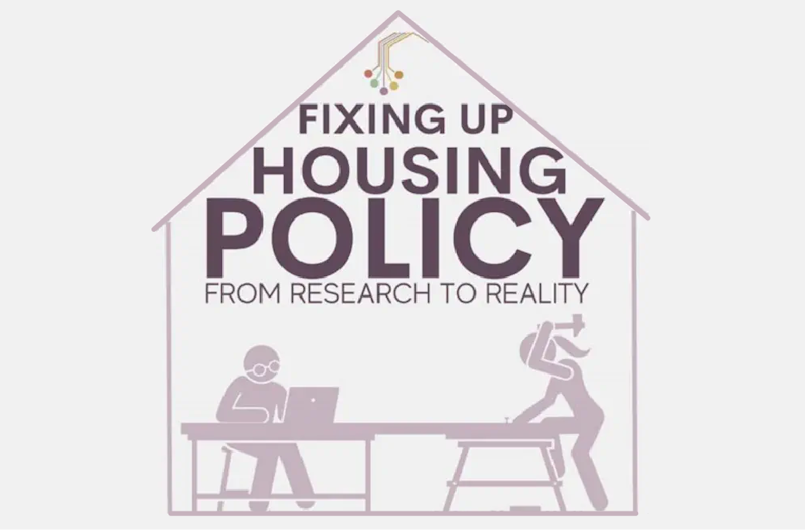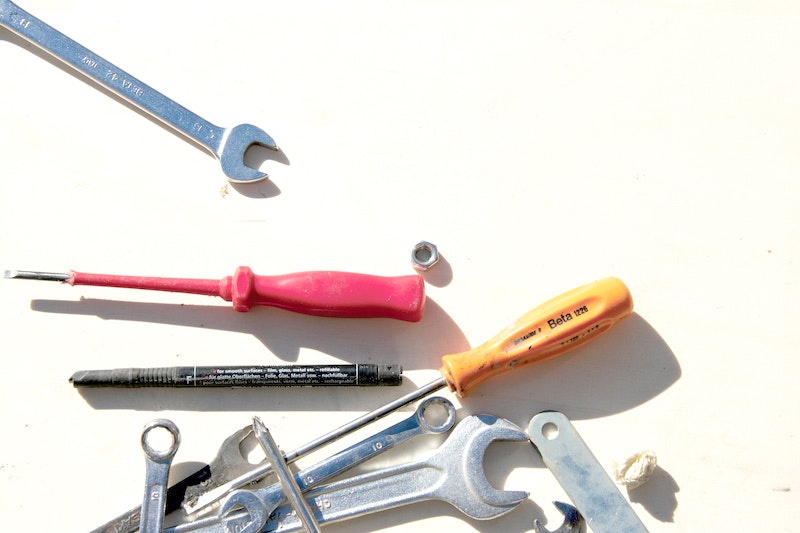As any purchaser of a pre-construction condo knows, the flurry of excitement that after buying is followed by a wait for their new home to be built. And while the time it takes to build can seem like an eternity, the two years it typically takes from groundbreaking to occupancy is an excellent opportunity to save.
Of course, there are many reasons to save: to make sure you’re in good financial stead when it comes time to secure your mortgage, to increase the amount you have for a down payment, to buy that totally gorgeous sofa you’ve had your eye on. But one reason that people often overlook is closing costs.
Just as you’d expect, closing costs are those fees due when you finally close on your condo and it officially becomes yours. We typically suggest that people budget 5% to 10% of their purchase price for closing costs so they’re not unpleasantly surprised. Actual closing costs depend on a number of factors, including suite price, individual financial situations and whether you’re a first-time homebuyer. Saving a little more than you might need means that you're more than prepared to begin homeownership on a strong footing.
Here is a detailed listing of what closing costs include:
- Legal Fees
This is the amount that you must pay your counsel for the time spent helping you with your purchase. Real estate purchases require you to obtain a lawyer and you are responsible for the legal fees associated with your purchase. Legal fees can vary greatly so we encourage all purchasers to use a TitlePLUS approved lawyer. - Tarion Enrolment Fee
Every new home or condo in Ontario is covered by Tarion, an organization that administers a warranty that protects your home and common areas against defects. A Tarion warranty is mandatory, and is paid for by the homeowner at closing. As the homeowner, you will be responsible for keeping track of your warranty deadlines after occupancy (30-day, one-year, two-year and seven-year), and submitting all related forms. A Tarion Home Owners Information Package will be provided to you with your Warranty Certificate around the time of your Pre-Delivery Inspection. Visit tarion.com for full details. - Land Transfer Taxes
When you purchase a property in Ontario you must pay land transfer taxes. The amount depends on the purchase price of your home, and in Toronto purchasers pay both Ontario and Toronto land transfer taxes. Your lawyer will arrange for land transfer taxes to be paid on closing day. You can consult an online land transfer tax calculator to find out how much you need to pay. Some first-time homebuyers may be eligible to receive a land transfer tax refund. - Property Taxes
Property taxes begin to accrue from the time you take occupancy. An amount for property tax will be calculated and will be payable by you at closing. Your ongoing individual bill will not arrive until an MPAC statement (municipal property assessment) has been received. You should begin to set aside some funds to prepare for this. - Development Charges
Development charges (DCs) are fees levied by the city/municipality and help pay for the cost of infrastructure required to provide municipal services to a new development, such as roads, transit, water and sewer infrastructure, community centres and fire and police facilities. All known development charges are factored into the original purchase price of your suite – but if the City increases those charges (which often happens), you’ll pay the difference at closing. - Meter Installation Fees
At many of our developments (including The Humber), hot and cold water, in addition to hydro and electrical consumption, will be charged to each purchaser based on their individual consumption. These metering costs can be volatile, so we included an amount for you to budget in the Agreement of Purchase and Sale and some, or all, of this cost will form part of your closing costs. - Two Months of Maintenance Fees
Two months of maintenance fees are due at the time of closing because once the building is registered and the building becomes a condo, the condo corporation starts paying its own operating expenses. The two-month payment is to ensure the funds are available in the operating account to pay all expenses related to the operation of the building.
Being prepared for closing costs is a prudent way to become a confident homeowner. The bonus is that if you save more than you need at closing, you'll have some money saved for fantastic décor!







